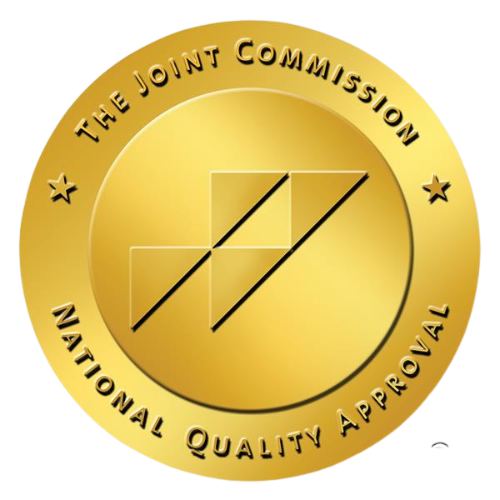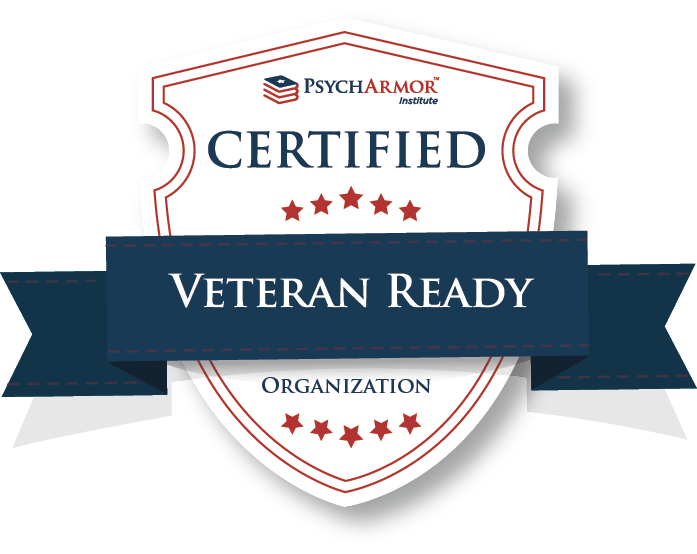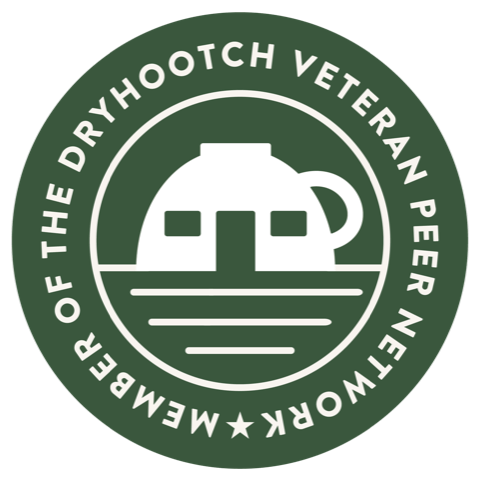The Community Foundation of South Alabama has just released the findings of its Southwest Alabama Veterans Needs Assessment (SAVNA) and the results are both resounding and illuminating.
The purpose of the assessment was to identify the unmet needs and perceived gaps in available services of veterans and their families located in an eight-county area in Southwest Alabama (Mobile, Baldwin, Escambia, Conecuh, Monroe, Clarke, Choctaw, and Washington Counties) in which approximately 64,000 veterans reside.
While there are a number of recommendations coming out of the research, several themes point directly to the needs Veterans Recovery Resources can help to fulfill–community-based, peer support (veteran to veteran), addiction recovery and mental wellness offered outside of the VA system as an alternative care, that helps to break down the barriers to treatment and supports both the veteran and their family.
The transition from military to civilian life is a major adjustment, one of several that veterans experience upon their decision to exit the U.S. Armed Forces. Understanding the adjustment to civilian life after military service requires a multidimensional approach. Kintzle and colleagues (2016) identify five key transition indicators, including work, family, health, general wellbeing, and community. These indicators will likely be fluid and require ongoing monitoring of the adjustment experiences of veterans in the state of Alabama.
Consistent with this multidimensional approach, it is essential to explore local cultural and economic factors that influence military to civilian transitions. The assets and needs of transitioning veterans in the south—which is more rural, less wealthy, and on the whole contains a population with lower levels of educational attainment than other regions of the country, including the urban areas of the Midwest and the West—differ from those of veterans in transition in other regions of the United States.
Barriers for Transitioning Findings from the key informant interviews and focus groups showed a number of themes regarding barriers to successful transition. The most common themes (reported by at least 50% of the participants) were:
- Financial difficulties and limited job opportunities;
- Dissonance with civilian or post-military culture/life;
- Negative perception of efficacy/competence of VA services;
- Family/marital conflict or divorce;
- Stigmatizing attitudes/beliefs from public against military veterans;
- Limited advertising/information about available resources;
- PTSD and other mental health symptomatology;
- Problems with alcohol/drug misuse;
- Difficulties completing VA disability process; and
- Difficulty establishing health care with VA;
- Generational differences between veterans of different military eras
Veterans Recovery Resources is in a unique position to provide the help that our warriors need after so selflessly serving our country. Our goal is to create a vibrant network of veterans and their families who support each other over a lifetime. But we need your help. Make a donation today to help our veterans find the peace they so richly deserve.
To read the research in full, download the report here. You can also learn more about the Community Foundation of South Alabama Veterans Initiative here.





Leave A Comment
You must be logged in to post a comment.